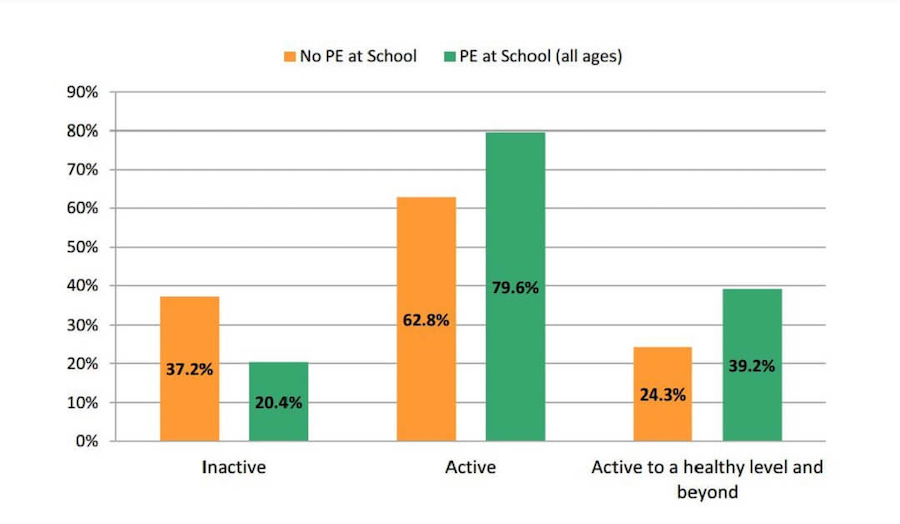
Breakfast and the Body
We all know the phrase, “Breakfast is the most important meal of the day.” However, when the school year starts and busy parents struggle to prepare their children for the school day, the morning meal can often fall by the wayside.
While businesses from drive-throughs to sit-down brunch restaurants report a growth in demand for breakfast, their demographics are mainly consumers with more cash to spend or free time on their hands. Parents may not fall into those categories, and students may lose out on the positive impacts this meal can have on the body.
BREAKFAST STUDIES
Why should breakfast matter to school administrators and teachers? According to HealthyChildren.org,
In the United States, about 8 to 12 percent of all students in grade school (K-8th) do not eat breakfast. By the time students are in high school, 20 to 30 percent of them ignore the morning meal.
Even though the benefits of a morning meal have been widely reported, parents still struggle to feed their children in the morning or provide healthy snacks throughout the day. Or what may be worse — parents are feeding their children unhealthy foods that can slow them down.
EFFECTS ON THE BODY AND MIND
School-aged children start the day early, and a healthy breakfast that includes complex carbohydrates, protein, and fat can be what a child needs to kick start the body and mind for the day. In order for the brain to function efficiently, it needs glucose. That’s why health experts recommend complex carbohydrates that slowly release energy (in the form of glucose) to the body over time. They also suggest aiming for 350-500 calories – and no more. Eating too much can make a child feel sluggish as the body works to process the food.
After breakfast kicks the brain and body into gear, the results are undeniable. Studies show that students who eat a healthy morning meal are twice as likely to perform above average in educational activities. They also found that students who eat a healthy breakfast scored 17.5 percent higher on standardized math tests.
SCHOOL-PROVIDED BREAKFASTS
Many schools recognize the benefits of a healthy breakfast and the struggle parents experience in providing it. Research shows that on average, students who eat a morning meal provided by their schools attended 1.5 more days of school per year than those students who did not. That means that breakfast at school can mean more time in the classroom for learning.
The School Breakfast Program, operated by the USDA, provides cash assistance to states to operate nonprofit programs in schools and residential childcare institutions. If you think your school could benefit from a breakfast program, check out the resources on their website or contact your state’s school meals agent.




